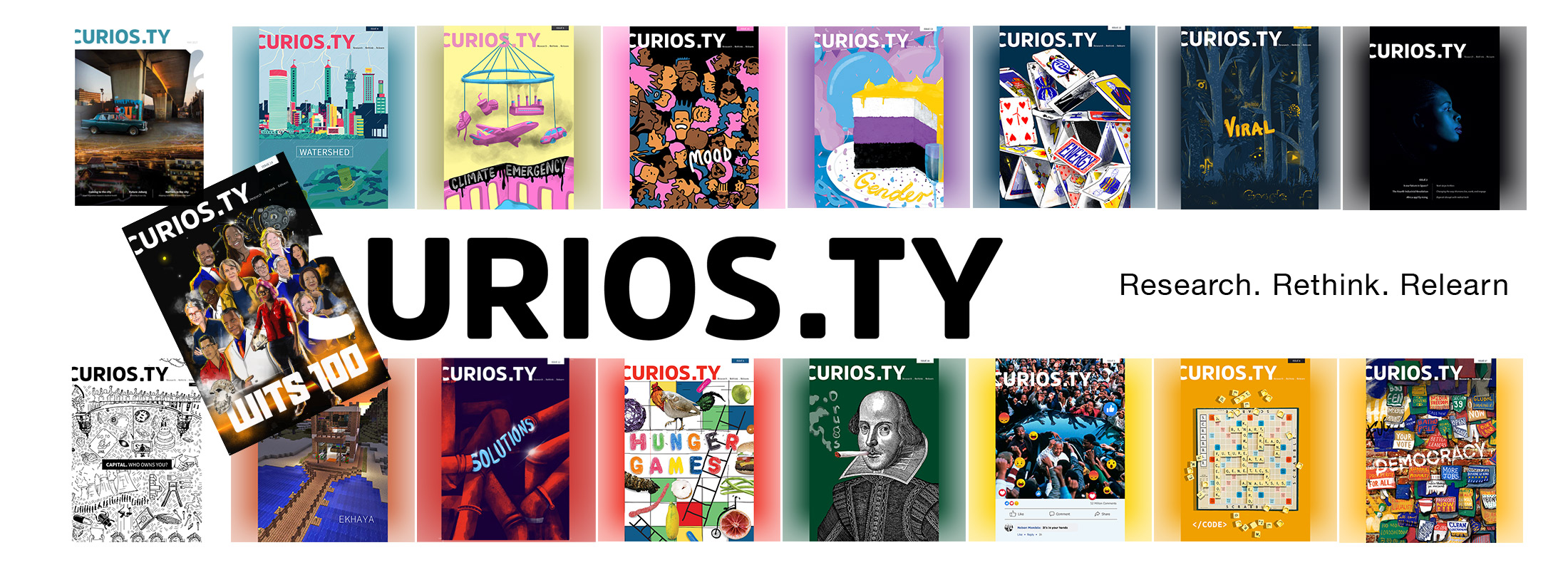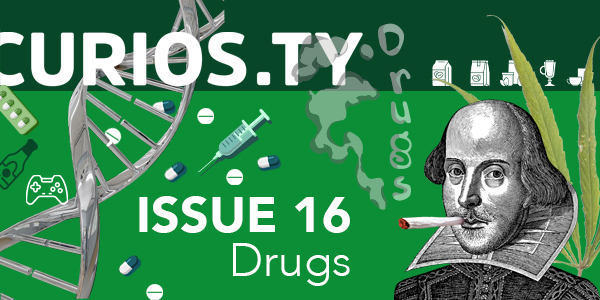
DRUGS!
- Lynn Morris
Editorial: The word ‘drugs’ evokes a range of reactions – from the hopes of ‘miracle’ cures to the sadness of addiction and social harm.

As a virologist, drugs are an important part of my profession and I am continuously amazed by the ingenuity in this field.
Penicillin, first discovered in 1928, revolutionised medicine and highlighted the serendipitous nature of research. When Alexander Fleming, an astute researcher with a sloppy laboratory technique noticed there were no bacteria growing near the mould that had contaminated his petri dish, he immediately understood that a diffusible compound with anti-bacterial properties was responsible. It took another 12 years of research before penicillin was available, saving millions of lives.
I am familiar with this story having done my doctoral studies in the Oxford laboratory where Howard Florey and Ernst Chain first isolated and purified penicillin, and for which they and Fleming won the Nobel Prize in 1945. It also demonstrates the role that such discoveries have in solving public health crises.
Advancements in biochemistry, molecular biology, and genetics have led to rational drug design and the rise of ‘big pharma’ making enormous contributions to developing life-saving drugs. By understanding the structure and function of target molecules, researchers are able to reverse engineer drugs for higher specificity, fewer side effects and improved therapeutic outcomes.
Personalised medicine, enabled by the completion of the human genome project, advances in robotics and automation, and data analysis through AI have led to major advances in drug discovery. However, it still takes years of research and clinical testing before new drugs can be used in humans.
The Covid-19 pandemic changed that. The availability of highly effective mRNA vaccines within a year of the discovery of SARS-CoV-2 was unprecedented, even unexpected. It was achieved by conducting testing, approvals, and manufacturing in parallel, which under normal circumstances would be too risky, especially for a new modality.
Now, with this breakthrough, if a new virus with pandemic potential was identified, it’s estimated a vaccine could be ready within 100 days. That’s why it’s critical that we develop our own mRNA manufacturing capability, which we are doing through initiatives including the mRNA WHO Tech Transfer Hub, in which Wits scientists are playing a leading role.
HIV is another devastating public health crisis where Wits researchers play a prominent role. For decades, Wits has been leading the way in diagnosing, treating and documenting the epidemiology and genetic diversity of HIV. Studies conducted in South Africa on long-acting antiretroviral therapies, novel drug combinations, monoclonal antibodies, experimental vaccines, and microbicides have all led to significant findings, providing evidence-based guidance on when to initiate treatment, which drugs to use, and how to monitor and support individuals living with HIV. An emphasis on community engagement and implementation science ensures that HIV treatment programmes are locally relevant and effective.
This edition of Curios.ty highlights the diversity, scope, and multi-dimensional nature of drug-related research at Wits. It spans experimental laboratory studies, clinical applications, community impact as well as social and behavioural aspects. Multidisciplinary drug research will ensure that our work positively impacts current and future diseases. Our collaboration with other academic institutions, research organisations, government agencies and pharmaceutical companies helps to accelerate the pace of drug discovery and increase its impact.
- Professor Lynn Morris is the Deputy Vice-Chancellor: Research and Innovation of Wits University.
- This article first appeared in Curiosity, a research magazine produced by Wits Communications and the Research Office.
- Read more in the 16th issue, themed: #Drugs, where we highlight the diversity, scope, and multi-dimensional nature of drug-related research at Wits University.


